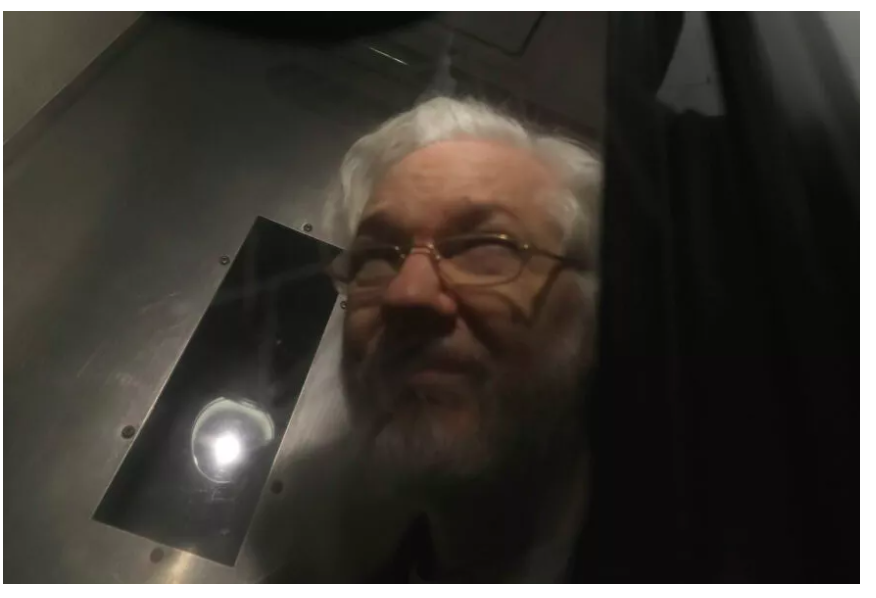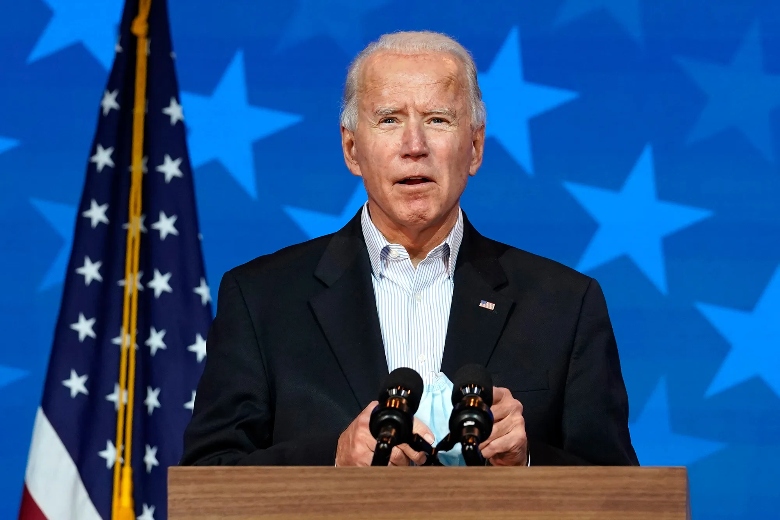Eric Thompson Show Podcast
Julian Assange, the embattled founder of WikiLeaks, has reached a plea agreement with the U.S. Department of Justice, securing his release after a decade-long saga of legal battles and diplomatic standoffs.

This landmark deal, confirmed by multiple sources on Tuesday, marks the end of one of the most contentious legal disputes in recent history.
&
JULIAN ASSANGE IS FREE
Julian Assange is free. He left Belmarsh maximum security prison on the morning of 24 June, after having spent 1901 days there. He was granted bail by the High Court in London and was released at Stansted airport during the afternoon, where he boarded a…
— WikiLeaks (@wikileaks) June 24, 2024
Julian Assange boards flight at London Stansted Airport at 5PM (BST) Monday June 24th. This is for everyone who worked for his freedom: thank you.#FreedJulianAssange pic.twitter.com/Pqp5pBAhSQ
— WikiLeaks (@wikileaks) June 25, 2024
Assange has been a polarizing figure since WikiLeaks began publishing classified documents in 2006. His supporters hail him as a champion of transparency and freedom of the press, while critics accuse him of jeopardizing national security.
The plea agreement, finalized in a Washington D.C. federal court, has both sides of the debate bracing for the long-term implications of this resolution.
The Details of the Plea Agreement
According to insiders familiar with the deal, Assange has agreed to a reduced charge that carries a significantly lighter sentence than the potential 175 years he faced under the Espionage Act. NBC News reported that the plea agreement would result in Assange serving no additional jail time beyond his current detention, effectively making him a free man upon the formal acceptance of the plea by the court .
In exchange, Assange has reportedly consented to certain undisclosed conditions that mitigate concerns over future activities that could threaten U.S. national security. These conditions are believed to be stringent enough to satisfy the concerns of American intelligence agencies and the Justice Department.
The Road to the Plea Deal
Assange’s journey from celebrated whistleblower to a detainee at London’s Belmarsh Prison has been fraught with legal and political hurdles. His asylum in the Ecuadorian Embassy, where he stayed for seven years, ended in 2019 when Ecuador withdrew his asylum status, leading to his arrest by British authorities. Since then, Assange has fought extradition to the United States, arguing that his actions were those of a journalist exposing government overreach.
The Trump administration’s indictment of Assange in 2019, and the subsequent legal maneuvers, highlighted the tension between national security and press freedoms. The Biden administration inherited this contentious case, prompting significant debate within the Department of Justice on the merits and implications of pursuing such charges against a figure central to the global transparency movement.
Reactions to Assange’s plea deal have been predictably mixed. Civil liberties organizations, which have long advocated for Assange’s release, hailed the agreement as a victory for free speech. “This is a significant moment for press freedom around the world,” said a spokesperson from the American Civil Liberties Union (ACLU). “Julian Assange’s work has always been about transparency and accountability, and this agreement acknowledges that.”
Conversely, figures within the intelligence community and defense sectors have expressed concern. “Assange’s actions have undeniably compromised the safety and security of American personnel and allies,” said a senior official within the Department of Defense. “While the plea deal may close this chapter, it does not erase the damage done.”
Implications for the Future
The Assange plea deal sets a complex precedent for future cases involving the publication of classified information. For supporters, it reinforces the notion that whistleblowers can seek refuge in public interest defense. For critics, it signals a potentially dangerous leniency that could embolden future unauthorized disclosures of sensitive information.
This case also underscores the evolving landscape of digital journalism and the legal frameworks governing it. The intersection of technology, transparency, and security continues to challenge existing norms and necessitates a nuanced approach to policy-making.
Assange’s Next Steps
As Assange prepares to step into a new chapter of his life, his future remains uncertain. While the plea deal frees him from immediate incarceration, the conditions attached to his release are likely to restrict his activities significantly.
Furthermore, Assange’s health, which has reportedly deteriorated during his time in Belmarsh Prison, will be a primary concern moving forward.
In the broader context, Assange’s release could reinvigorate the transparency movement, inspiring a new generation of activists and journalists. His case has undoubtedly left an indelible mark on the discourse surrounding government secrecy, the role of journalism, and the balance between security and freedom.
Final Thoughts
The resolution of Julian Assange’s legal battle is a significant milestone with far-reaching implications. It serves as a potent reminder of the ongoing tensions between state security interests and the public’s right to know. Assange’s release, while contentious, ultimately emphasizes the importance of maintaining a free and independent press in holding power to account.

